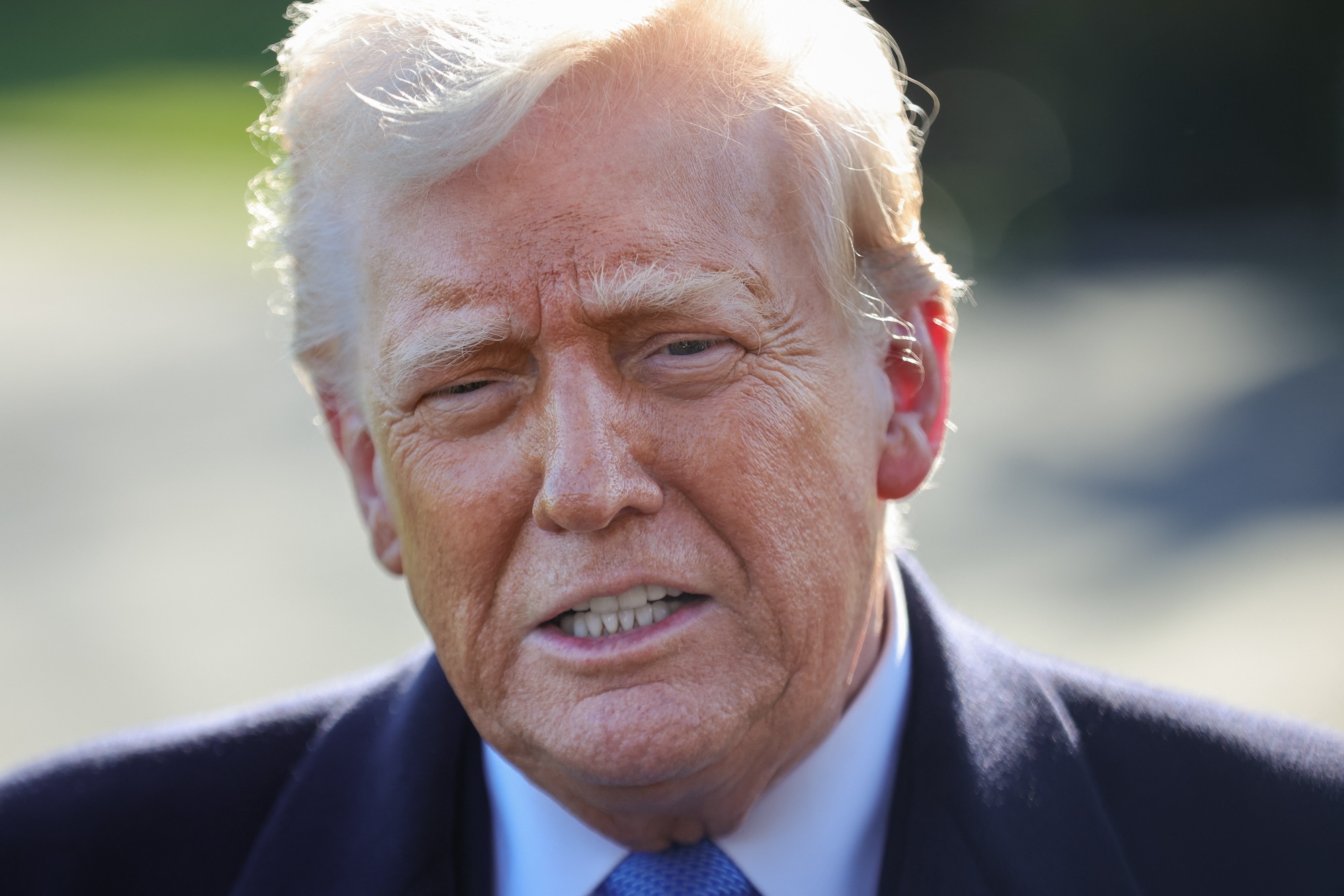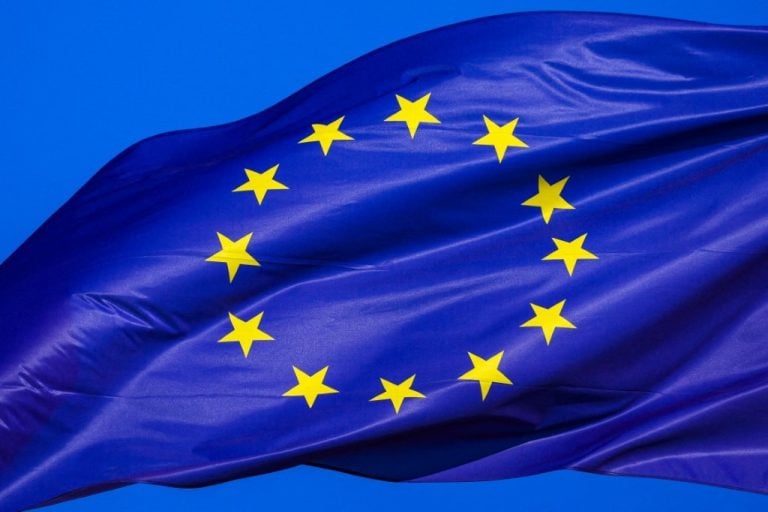In a significant escalation of tensions surrounding the ongoing conflict in Gaza, U.S. President Donald Trump issued a stark ultimatum to Hamas on Tuesday, demanding that the militant group accept his proposed plan to end hostilities within “three or four days” or face dire consequences. This proposal, which has garnered support from Israeli Prime Minister Benjamin Netanyahu, outlines a path toward a ceasefire, the release of hostages by Hamas within 72 hours, the disarmament of the Palestinian militants, and a gradual Israeli withdrawal from Gaza.
Trump characterized his plan as beneficial for Hamas, stating that failure to comply would result in severe repercussions. During a military briefing at a base in Quantico, Virginia, Trump emphasized the importance of a single signature on the agreement, warning that the implications of refusal would be catastrophic for Hamas.
Inside Hamas, sources revealed that consultations regarding the proposal were underway, though they anticipate that discussions could take time due to the complexity of the situation. Meanwhile, Qatar, which serves as a base for Hamas’s exiled leadership, announced plans to convene with Hamas officials and representatives from Turkey.
In the wake of Trump’s announcement, Netanyahu signaled his intent to brief Israeli leadership on a plan designed to achieve the objectives of the ongoing military campaign. Despite calls for a ceasefire, Israel’s military operations in Gaza continued unabated, with fatalities reported daily. On one particularly deadly day, the civil defense agency in Gaza confirmed that 46 individuals had been killed, including many civilians.
The plan put forth by Trump requires Hamas to disarm and withdraw from governance roles, while offering amnesty to those willing to engage in peaceful coexistence. It also envisions a phased withdrawal of Israeli forces from Gaza, a territory devastated by nearly two years of conflict ignited by an unprecedented Hamas attack on Israel in October 2023. Conversely, Netanyahu expressed skepticism about the potential roles of the Palestinian Authority in Gaza governance, warning that Israel would proceed unilaterally if Hamas rejected the deal.
Amidst the political maneuvering, some Israeli officials, including far-right Finance Minister Bezalel Smotrich, criticized the proposal as a diplomatic failure, foreseeing ongoing conflict. Meanwhile, Trump’s plan also proposed the establishment of a “temporary international stabilization force” and a transitional authority that would include prominent figures like former British Prime Minister Tony Blair, with Trump himself at the helm.
International reactions varied, with European allies like Britain, France, Germany, and Italy expressing strong support, while nations like China and Russia also offered backing. However, skepticism ran deep among Gazans who saw the demands as overly ambitious, suggesting that they would further entrench the ongoing violence rather than provide a viable resolution.
The Palestinian Authority acknowledged Trump’s efforts as sincere while expressing concerns from groups like Islamic Jihad that the proposal would exacerbate existing tensions and aggression towards Palestinians.
Amid the conflicting narratives, the death toll from the war continues to rise dramatically, with Israeli figures noting that Hamas’s attack resulted in over a thousand Israeli civilian casualties, while Palestinian reports indicate over 66,000 lives lost in Gaza amid relentless Israeli bombardment. In this volatile climate, the prospect for peace remains distant, with both sides entrenched in their positions as global powers watch closely.







